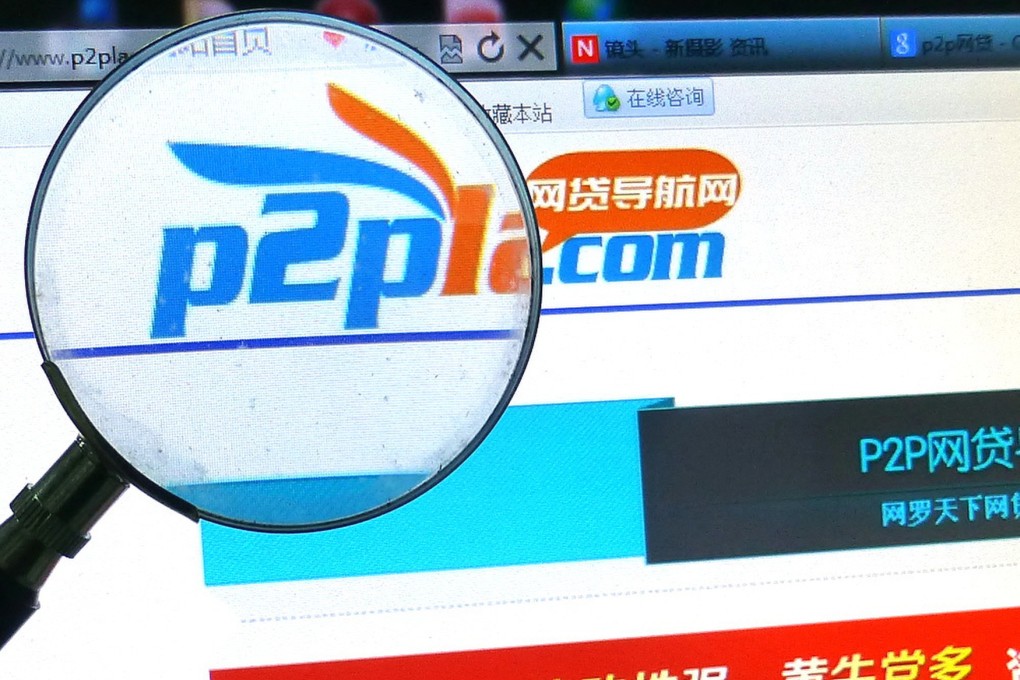China's traditional lenders meet their match in internet banking
Success of the traditional players in the online battle will hinge on their ability to exploit the power of big data to understand client needs

Mainland banks are without doubt perturbed about the technology companies that have pushed into the financial sector.
News of the imminent launch of Tencent Holdings' private bank in Shenzhen has only added to the unease among medium-sized lenders, the financial institutions most affected by the rise of non-bank finance.
"When we ask what their fiercest competitor would look like … 99 per cent of the time it's a technology company with a banking licence," said James Quinnild, a partner at PwC, recounting a hypothetical question he has posed to traditional mainland banks. "Now, it's in your face and it's happening faster than anyone thought it would."
The mainland's banking regulator announced this month that it had given Tencent permission to open the Shenzhen Qianhai Weizhong Bank. It will be the first of five pilot private commercial lenders to gain official clearance to open on the mainland, as well as the country's first "internet bank", a title reflecting the online products it will host.
Its launch will also culminate more than two years of rapid growth in the non-bank finance industry, led by technology giants such as Alibaba Group Holding, Tencent and scores of peer-to-peer lending platforms that have given medium-sized banks a run for their deposits.
At the heart of the tough changes experienced by the formal banking sector is a grass-roots liberalisation of interest rates, where largely unregulated technology companies have offered market-oriented rates to depositors while also reaching under-banked small businesses with higher-interest loans.